In this quick digestible insight, I’d like to briefly go over a commonly overlooked structure. It’s the bursa: a fluid-filled sac acting like a cushion between adjacent tissues so abrasive rubbing against one another is minimized.
Minus trauma, I was always thought that these bursas were only irritated and inflamed when the surrounding soft tissues were tight and taut adding increased pressure upon them. As a result of repetitive motion, unwanted pressure and friction are added, eventually resulting in an -itis.
… but what happens when someone still gets a non-traumatic bursitis, and the surrounding tissues aren’t so much tight and taut? If auto-immune diseases and infection-related etiologies are omitted, then what the heck is causing it now? It doesn’t just magically get irritated, right? What gives?
What I didn’t really appreciate until years later, was that structures underneath these fluid-filled sacs could also be players. “Instability” within the surrounding joints must also be considered.
For example, take the retrocalcaneal bursa that is sandwiched between the deeper calcaneus and more superficial achilles tendon. If this bursa gets irritated and inflamed, you may think that the major player is a tight achilles tendon, but have you ever thought about the subtalar or talocrural joints being “loose” causing local irritation to the undersurface of the bursa?
Perhaps the laxity in the joints could be inflaming the bursa versus the tight soft tissues causing the irritation. I’m just saying …
So here’s something to chew, swallow, and digest:
When you suspect a mechanical non-traumatic bursitis, definitely consider tight soft tissue, but don’t overlook the surrounding joints being lax, unstable, or loose.
Change your mindset … Change your perspective … life is much better when you have an outlook that creates opportunity.
Thanks for being curious and taking the time to read this! Hope it added value to your life and equips you to become better than you were yesterday!
Dr. Joe Jaime, DC, DACBSP®, ATC, CSCS®, FRC®ms, CES
Credit:
Retrocalcaneal: Visual Body App




